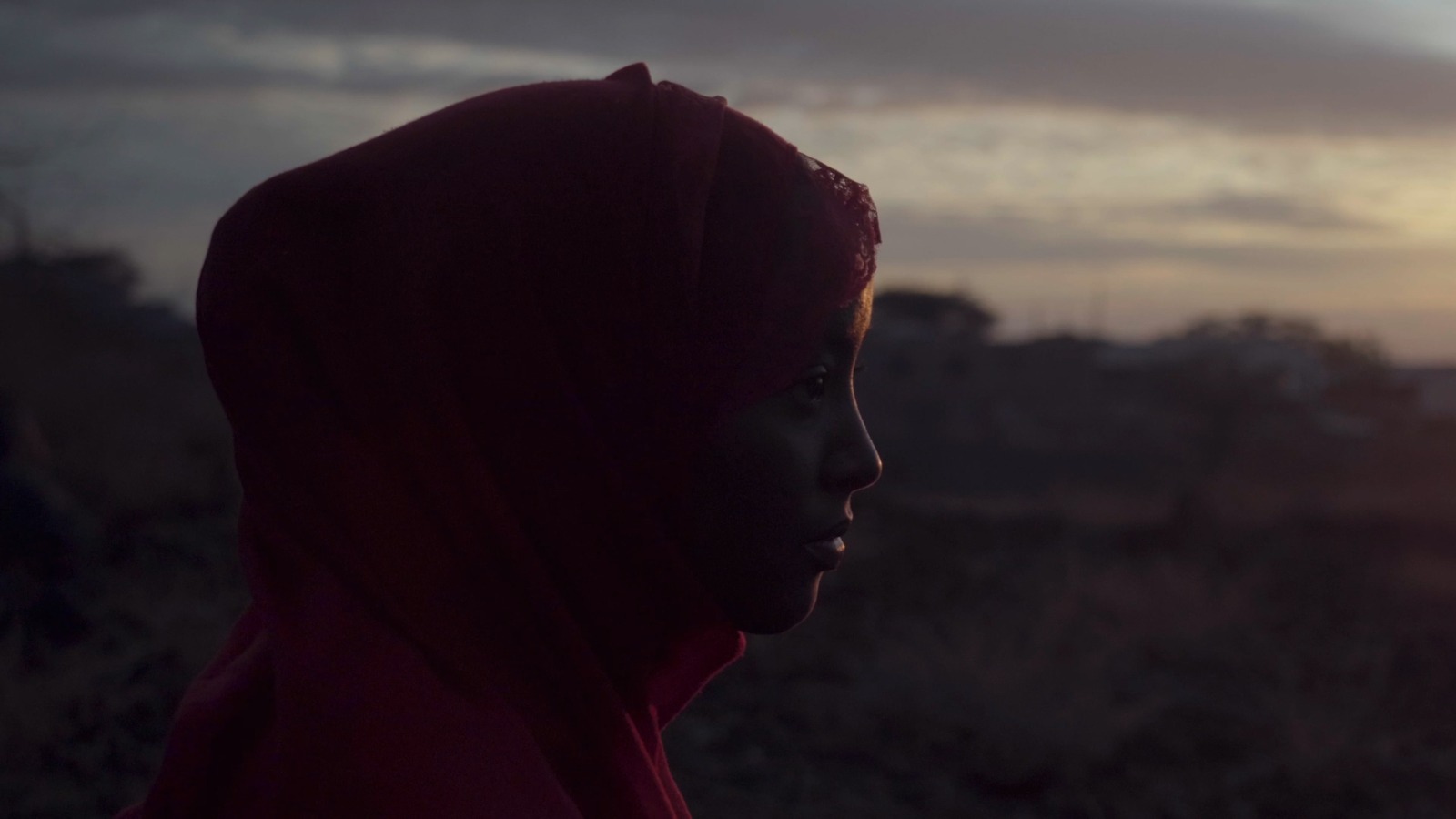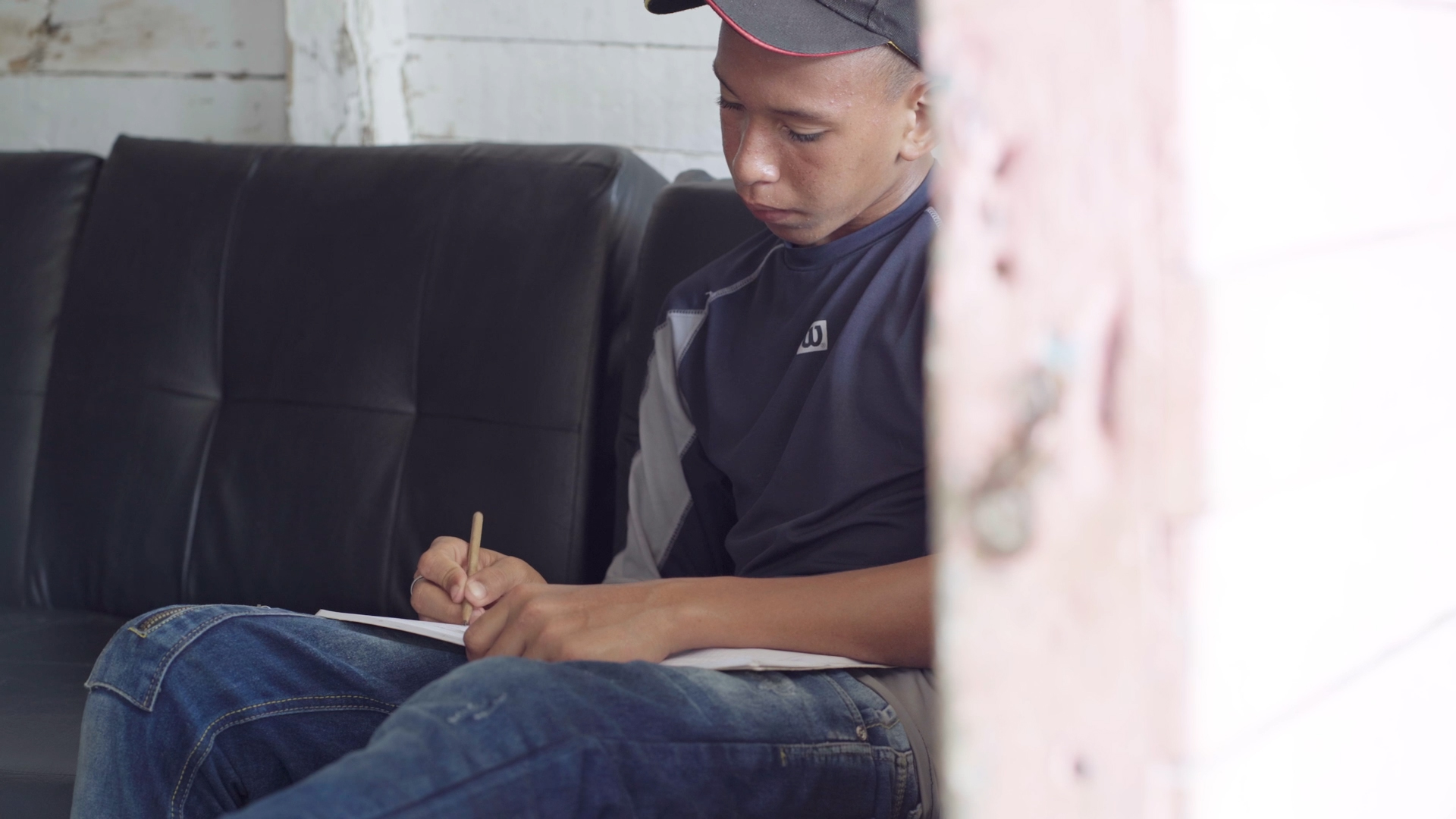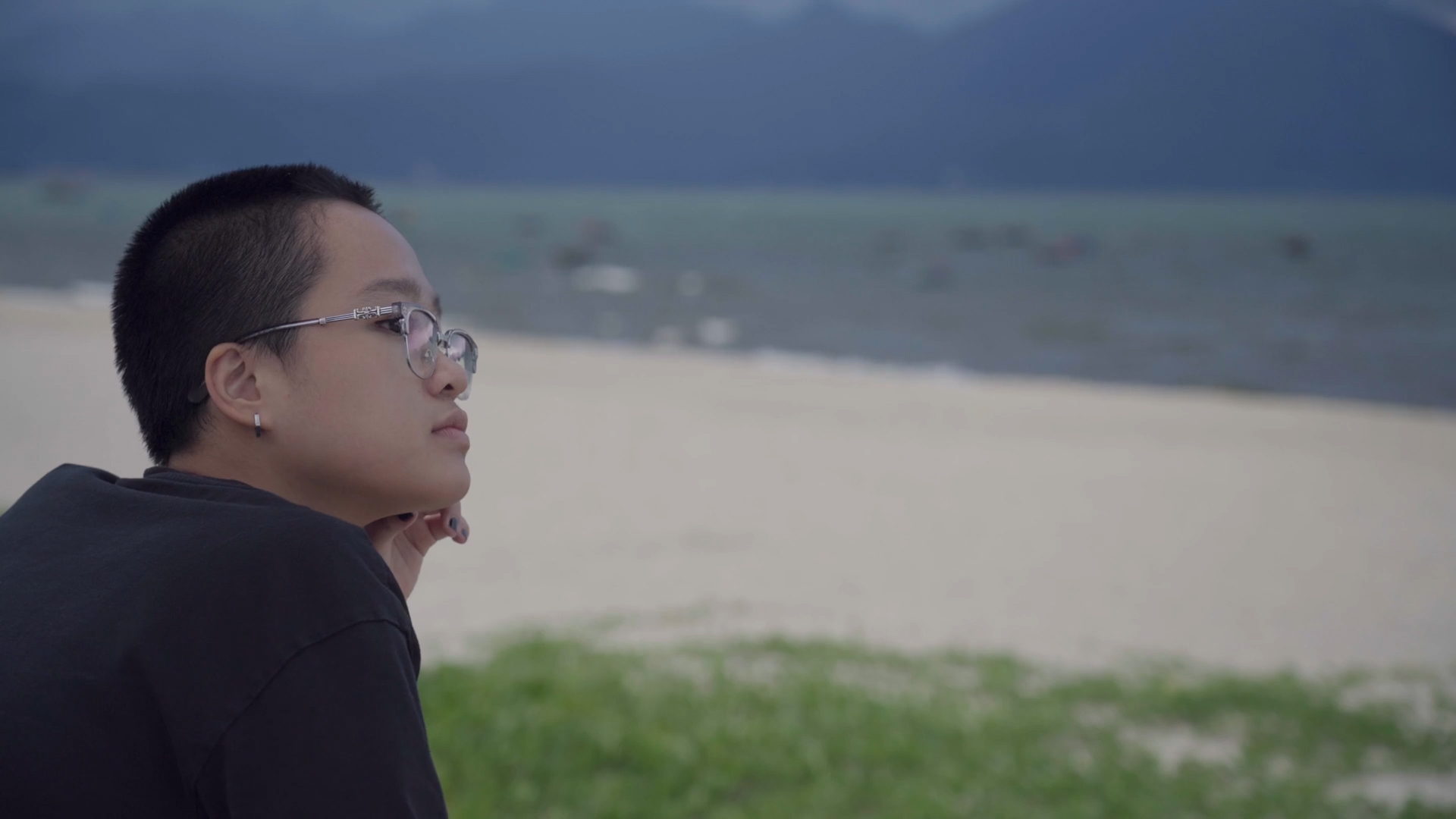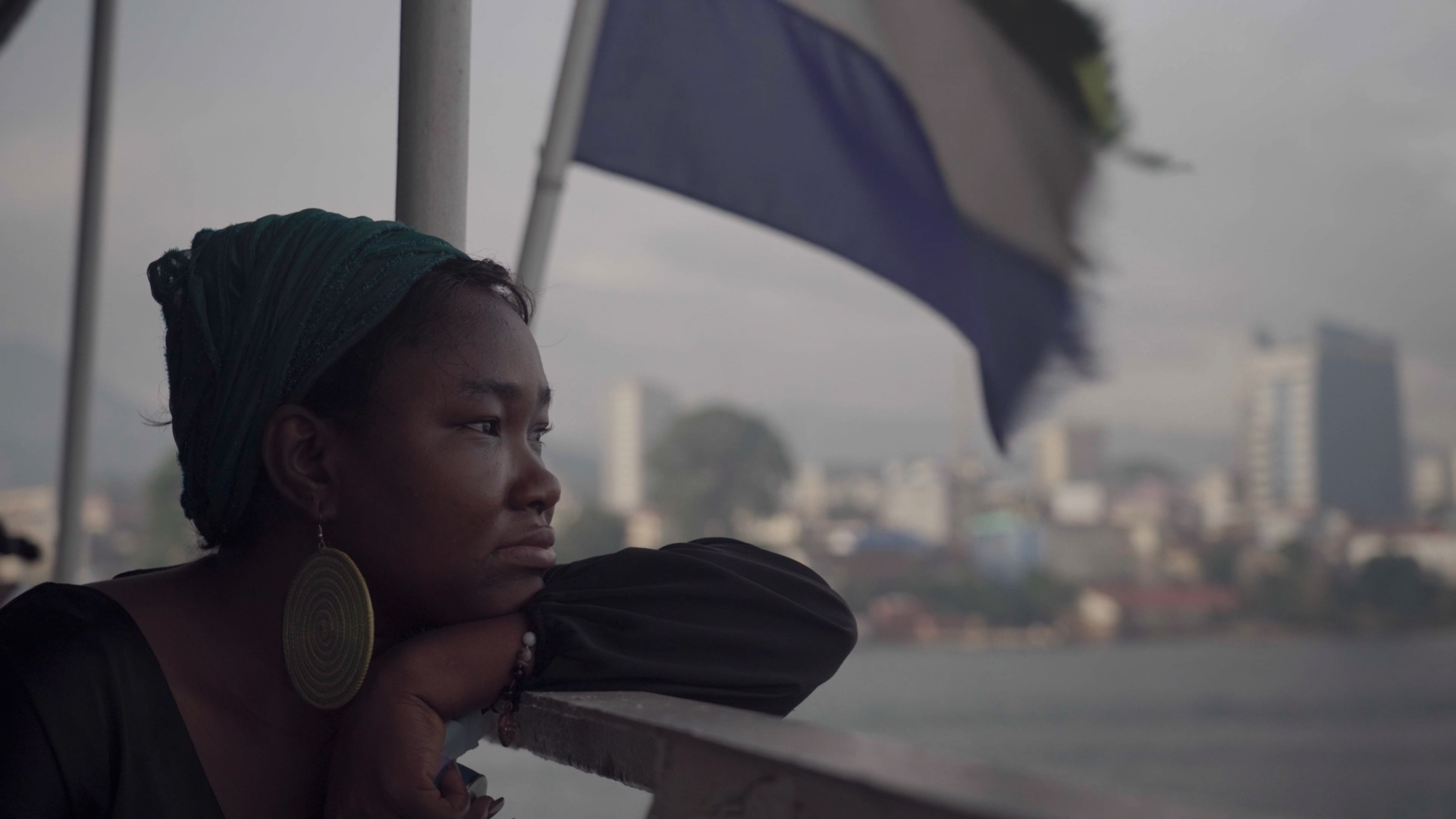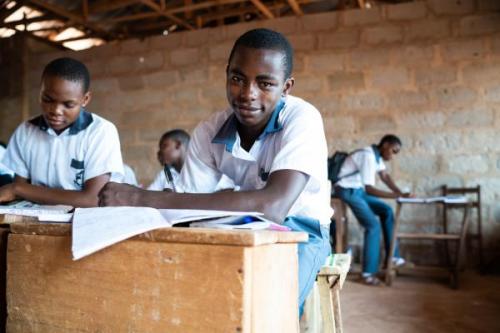watch young people speak out on school violence and demand action
Content warning: discussion of violence, sexual violence, discriminatory actions, suicide and eating disorders
Violence against young people in and through schools continues to occur on an unimaginable scale. 246 million young people around the world face this each year. It takes many forms and it impacts all countries.
The need to act is urgent. Young people from around the world have come together to co-produce a new creative film, titled ‘Don’t Fail Us’, to share their experiences of violence in and around school and demand action from world leaders to end violence and transform education systems.
The action urged for by the young people is encompassed in the Safe to Learn Call to Action, which highlights 5 key areas where progress needs to be accelerated to end violence in and through schools, and captures many of the different issues that the young people want to change.
All hailing from different regions, the young people in the film open up about how they are survivors of violence – whether bullying, discrimination, gender-based violence, or lack of a safe school environment – and how their education system has failed them, which has hugely impacted their ability to learn. Their experiences are unique but they reflect the global reality that hundreds of millions of young people experience violence in and around school every year.
“Dear world leaders – act now to make education safe. Don’t fail us.”
The moment is critical. The world is grappling with the simultaneous crises of conflict, climate change, the COVID-19 pandemic and economic instability. All of these are putting young people at increased risk of violence.
The UN Secretary General’s Transforming Education Summit (TES) on 19 September this year provides a unique opportunity for political leaders to forge a new social contract for education – one where violence prevention is right at the heart of efforts to accelerate progress on education. This film, ‘Don’t Fail Us’, is launching at the Summit and will bring the powerful voices of young survivors of school violence to the halls of power through the Summit.
“The education system failed us. It was supposed to look after us and keep us Safe to Learn. But it failed. If we don’t act now, a future generation is at risk.”
For more insight into the problem of violence in and through schools, its impact and the solutions, you can read the Safe to Learn Essay Collection published earlier this year. The contributors represent a range of voices and perspectives that include: global education leadership, government perspectives (donor and domestic), teachers, youth and civil society, presenting a range of calls to action and emphasising the importance of hearing the perspectives from young people and those who have lived the reality of violence.
Meet the film’s co-producers:
Each young person has developed their own in-depth film, which will support their advocacy work to tackle violence in and around schools in their own country and community. Scripted by the young people themselves, these individual films provide more context on the specific individual and examine the work they are doing to address and prevent violence.
Falastin, Kenya
Falastin powerfully shares her experience of discrimination and bullying by students, with her school teachers failing to take action. She is calling for more inclusive schooling and for bullying to be addressed in the curriculum.
“The perfect school for me is where there is no bullying, one where people will think differently, dress differently and look differently.”
WATCH HER INDIVIDUAL FILM HERE.
Jesus, Colombia
Jesus talks about losing out on school and learning due to refugee status and of the violence in and around his school in Colombia. He shares the impact this has had on him and his friends being able to safely get an education. He is calling for refugees to be treated with dignity and afforded the right to education.
“We are humans, we have rights, and we do not understand why we cannot go to school. My message to you is simple. We are not invisible… We are the future and we have the potential to change the world.”
WATCH HIS INDIVIDUAL FILM HERE.
Giang, Viet Nam
Giang speaks about their experience of mental health issues, verbal abuse and isolation from peers, and lack of adequate support from school teachers. They are calling for increased support for mental health in the school system and an end to stigma and discrimination.
“I want to see schools where mental health issues are looked at just as any other physical challenges. And there will no longer be barriers, stigma or discrimination to stop us.”
WATCH HER INDIVIDUAL FILM HERE.
Josephine, Sierra Leone
Josephine speaks about her experience of childhood sexual violence at home and at school, and about abuse practices such as young people being forced to have ‘sex for grades’ by teachers. She sets out her dedication to education despite the violence she faced and why she continues to fight for all girls in Sierra Leone and beyond to have a safe education. She is calling for urgent action to make education safe for all girls and for investment in teacher training and proper pay.
“The poverty of teachers will always affect the quality of education. We must invest in teachers so that education…will be safe.”
WATCH HER INDIVIDUAL FILM HERE.
The young people are supported by youth networks and programmes from the following organisations: Education Cannot Wait, the Global Partnership for Education, Plan International, Purposeful, She Leads, Transform Education, UNESCO, and UNICEF.
The film was produced by On Our Radar, who specialise in working with affected communities, in a highly participatory process with the young people involved.

